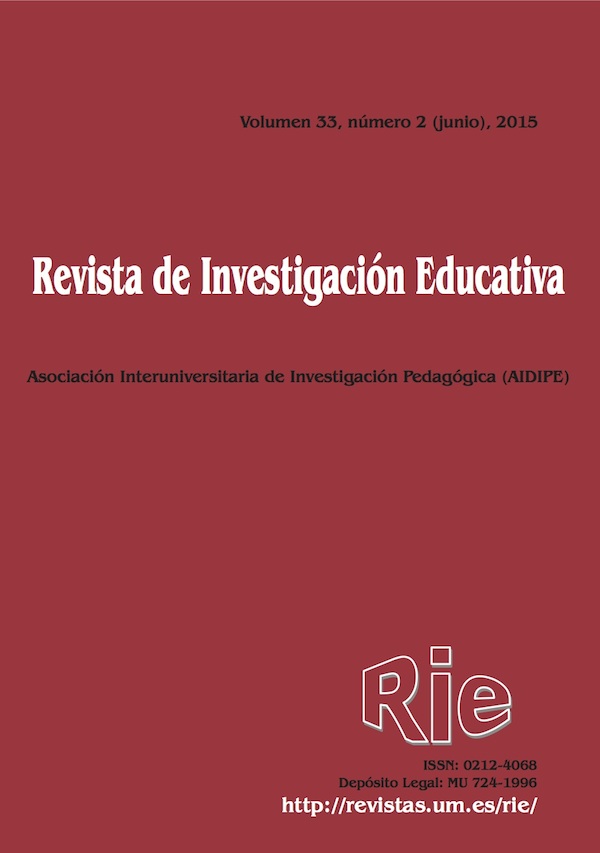Practicing argumentation in secondary education: the effect of sex
Supporting Agencies
- Consejería Educación
- Junta Andalucía
- Plan Cultura de Paz y Noviolencia
Abstract
This paper analyzes argumentation in secondary education based on previous considerations such as its limited presence in the classroom and the controversy about how it relates to sex. We delimited and characterized two dimensions of argumentative discourse (form and content) according to sex and situational variables: type of group and type of dilemma. Applying the Hi-Loglinear technique; we analyzed a sample of 2250 utterances by 38 (female and male) adolescents; debating about group conflict and intimate partner violence. In general; the students used low levels of argumentation; although female students used significantly more argumentation than their male counterparts which is an effect of the relation between sex and argumentation situated by contextual variables. Finally; we look at some practical applications for teaching.
Downloads
-
Abstract1074
-
PDF (Español (España))1280
The articles and scientific documents published in RIE abide the following conditions:
1. The Servicio de Publicaciones de la Universidad de Murcia (the publisher) has the property rights (copyright) of all the documents published and allows the reuse under the user’s license indicated in point 2.
2. All documents are published in the digital edition of RIE under a Creative Commons Reconocimiento-NoComercial-SinObraDerivada 4.0 Internacional. (legal document) license. These documents can be copied, used, distributed, communicated and explained publicly if: i) the author(s) and its original source of publishing (magazine, publisher and URL of the document) are cited; ii) it is not used for commercial purpose; iii) the existence and the specifications about this license are mentioned.
3. Auto-archive’s conditions. The authors are allowed and encouraged to digitally distribute the pre-print versions (a version before evaluation) and/or post-print (a version that it is already evaluated and accepted to its publication). This promotes circulation and distribution earlier and can increase the citations and significance within the academic community.









